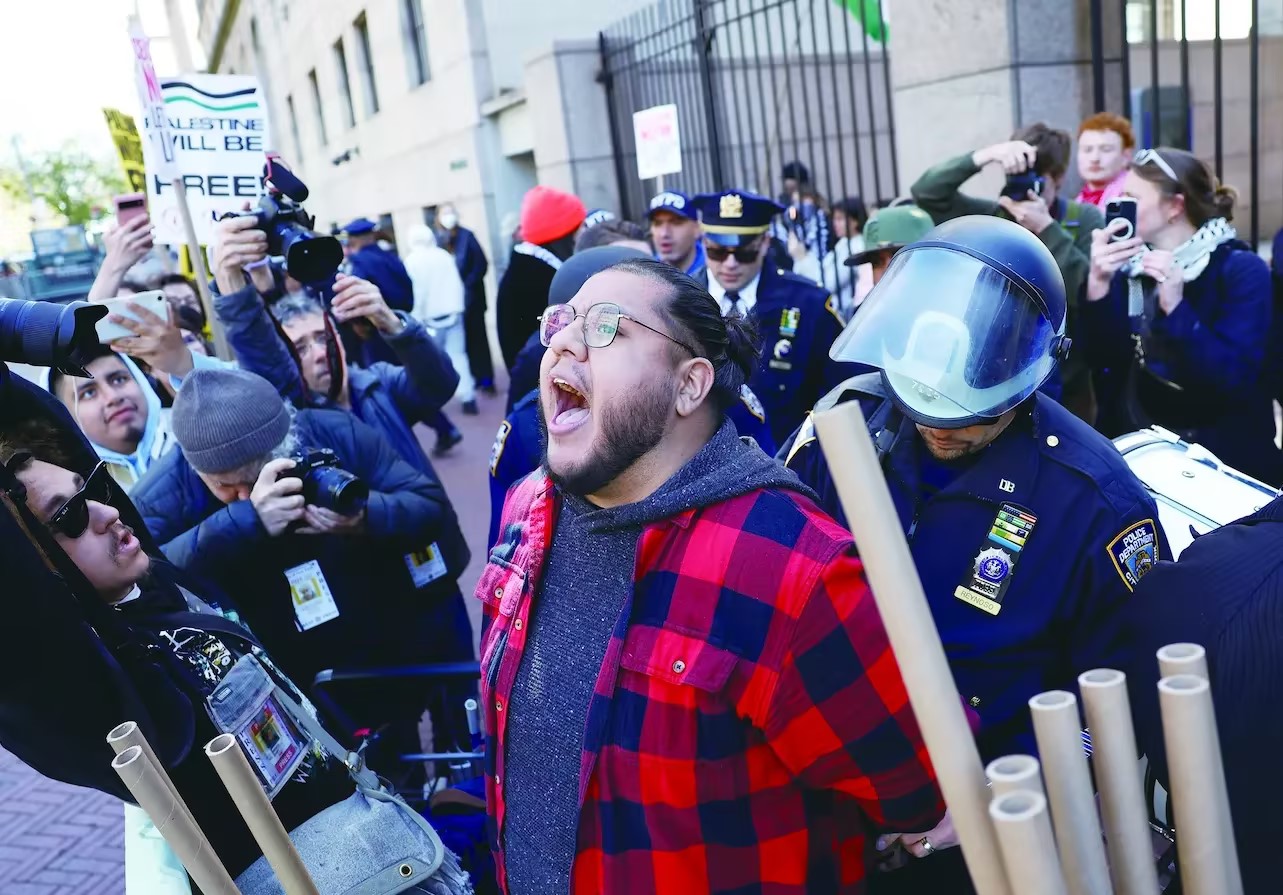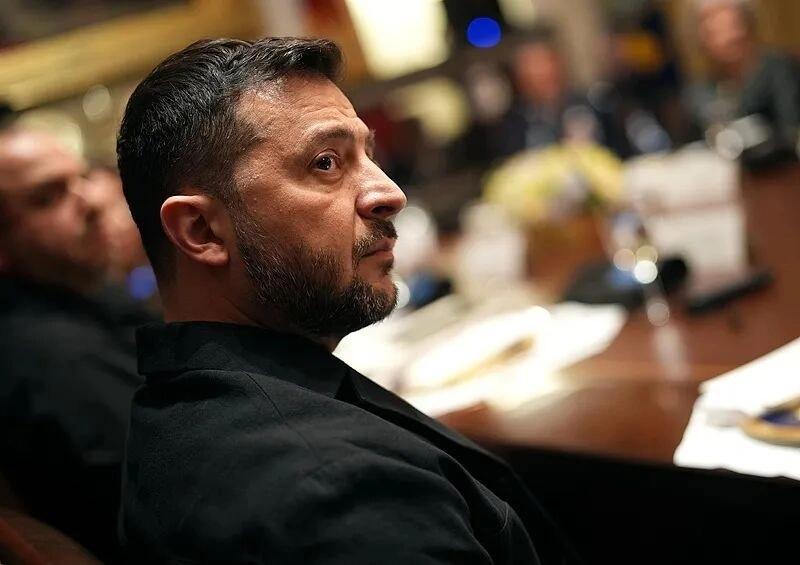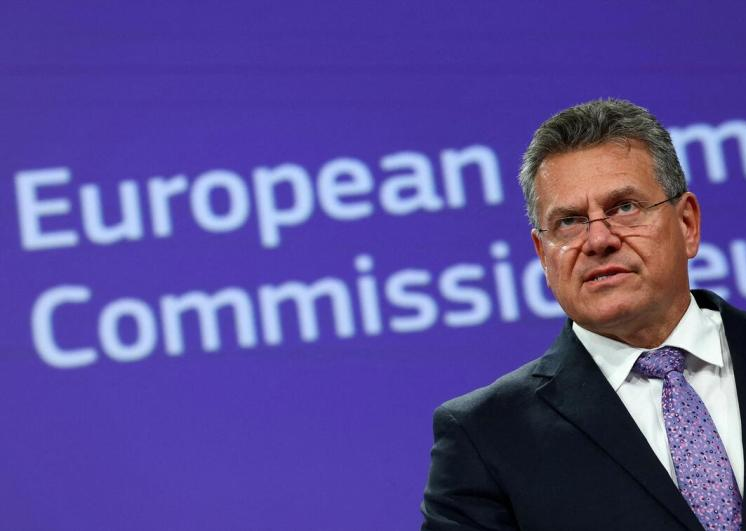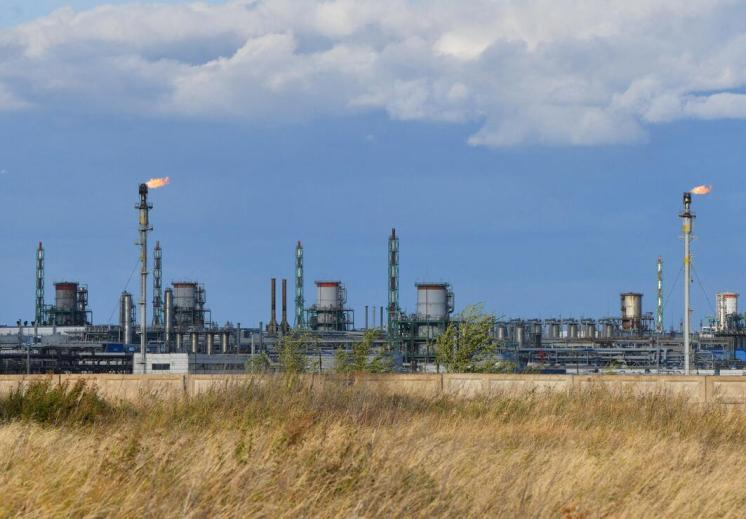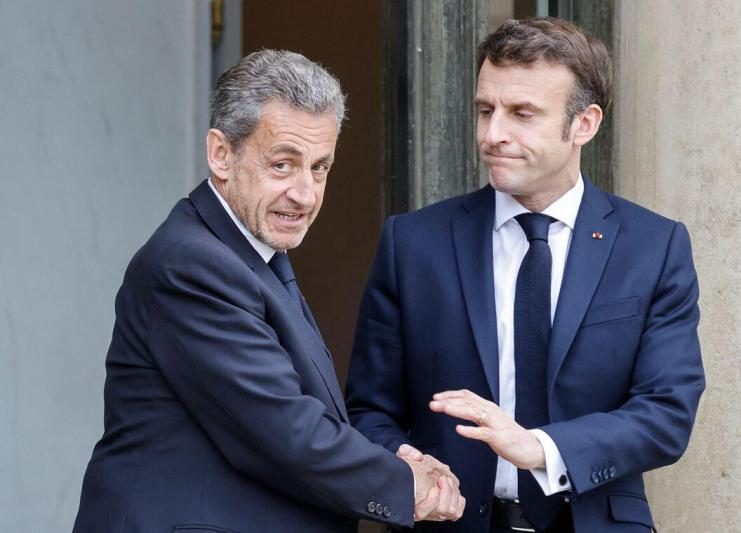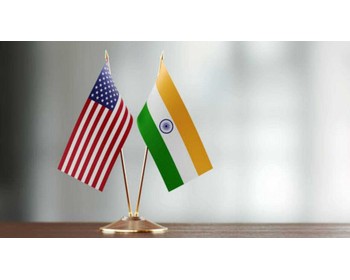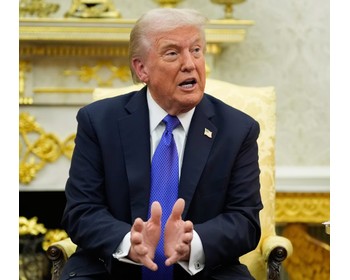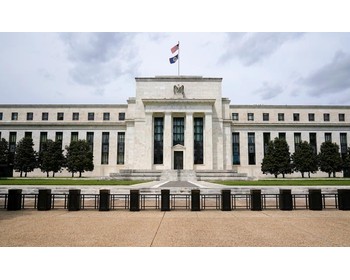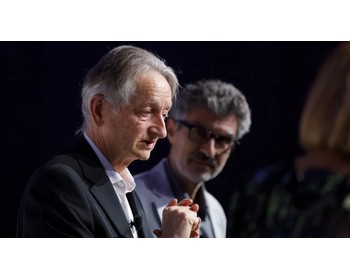A encampment protest against the ongoing war in Gaza broke out at Columbia University on Thursday, with demonstrators wanting the university to divest from Israel and criticizing the university's response to the war. More than 100 students were arrested by New York police. The situation was so dire that Columbia's president announced that all classes would be held remotely on Monday in an effort to defuse hostilities. The latest campus crisis has led to criticism of Columbia University President Minouche Shafik, with Republican U.S. Rep. Elise Stefanik calling for her to step down immediately because the school's leadership "has clearly lost control of the campus." Republican Representative Virginia Foxx, chairwoman of the House Education Committee, sent a letter to university leaders on Sunday warning them of consequences if they did not curb campus protests.
In addition to Columbia, such protests have also spread to other American universities. In the days of the Columbia student protests, students at Yale, the University of Michigan, and the Massachusetts Institute of Technology set up their own camps to support those arrested. By early Monday, New York University had become the latest protest site. It is fair to say that the arrest triggered a wave of solidarity protests at universities across the country.
This seemingly ordinary campus movement is actually an undercurrent, behind this series of camping protests, reflecting a series of complex social issues and political factors.
First of all, from the point of view of social issues, the protests reflect students' high concern and dissatisfaction with certain social issues, especially those related to the Palestinian issue. In the form of tent camps, they expressed their strong opposition to Israeli policies and their sympathy for the plight of the Palestinian people. Such protests reflect the sensitivity and engagement of the younger generation in international politics and social justice, as well as their desire for fairness and justice.
Second, politics has also played an important role in the protests. On the one hand, the protests may have been influenced by the international political situation, especially the tensions in the Middle East. On the other hand, the protests may also be related to the domestic political environment, the U.S. pro-Israel policy and the domestic stance on the Palestinian issue. These factors may have motivated students to protest and take action to express their views and positions.
In addition, the protests have touched on the issue of freedom of expression and protection of rights. As college students, they have the right to express their views and positions, but the way of expression needs to comply with laws and regulations and school regulations. In the protest, some students showed extreme behavior, they not only surrounded, jeered and hurt Jewish students, but also shouted support for Hamas, bomb Israel and other extreme slogans. These actions not only seriously damaged the order of the campus, but also greatly distorted the freedom of speech. The wave of anti-Israel protests in American universities has sparked controversy over freedom of speech and the protection of rights. How to protect students' freedom of speech while maintaining school order and stability is also a problem that needs serious consideration and solution.
The anti-Israel protests on American college campuses are an event worth pondering. It is not only a simple campus movement, but also a complex phenomenon involving many issues such as freedom of speech, maintenance of order and social harmony. We need to approach this issue in a more rational and objective manner and not be swayed by extremist ideas and violent acts. At the same time, it is also necessary to strengthen international cooperation and exchanges, jointly cope with various challenges and threats, and maintain world peace and stability.

